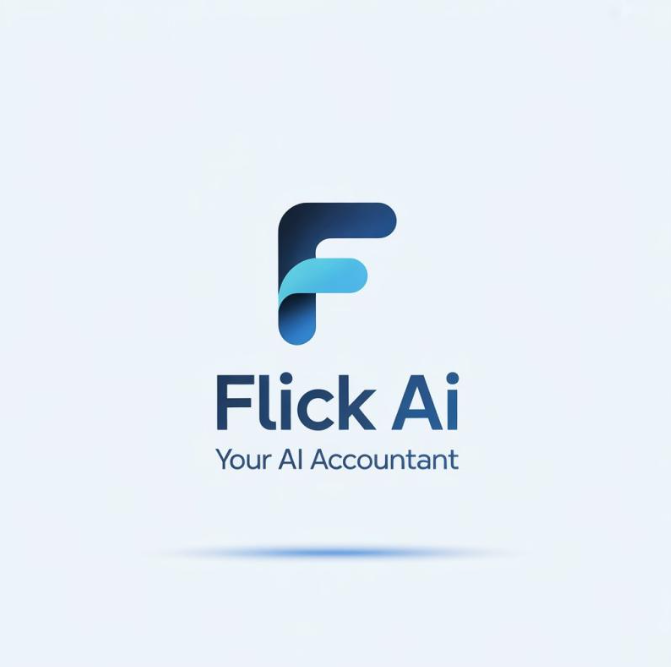
What is Second V2?
Second provides automated codebase maintenance, including codebase migrations and upgrades. Connect Second to your GitHub repo, select a maintenance module like AngularJS to React, review the AI agent plan, and run the job.
Problem
Developers often struggle to maintain and upgrade their codebases efficiently, leading to increased time and effort in managing legacy code or migrating to new frameworks. The maintain and upgrade their codebases efficiently, managing legacy code or migrating to new frameworks are key pain points.
Solution
Second is a tool that automates codebase maintenance. It connects to a GitHub repository, allowing the user to select maintenance modules for tasks like upgrading from AngularJS to React. The tool then generates an AI-driven plan which, upon user review, can be executed to perform the maintenance. automates codebase maintenance, connects to GitHub, selects maintenance modules, generates an AI plan, executes maintenance.
Customers
Developers, IT project managers, and software companies that need efficient and timely codebase management, especially during upgrades or migrations.
Unique Features
Second uniquely offers a modular approach to maintenance tasks, directly integrates with GitHub, provides AI-generated plans for upgrades, and automates execution, focusing on reducing manual coding errors and saving time.
User Comments
Saves time on codebase upgrades.
AI plans are generally accurate and helpful.
Seamless integration with GitHub.
Useful for large repositories with legacy code.
Some users express desire for more customization options.
Traction
- Launched recently on ProductHunt.
- Positive initial user feedback.
- Authors are active in the developer community, contributing to credibility and initial traction.
Market Size
The global developer tools market is projected to reach $9.3 billion by 2025.


